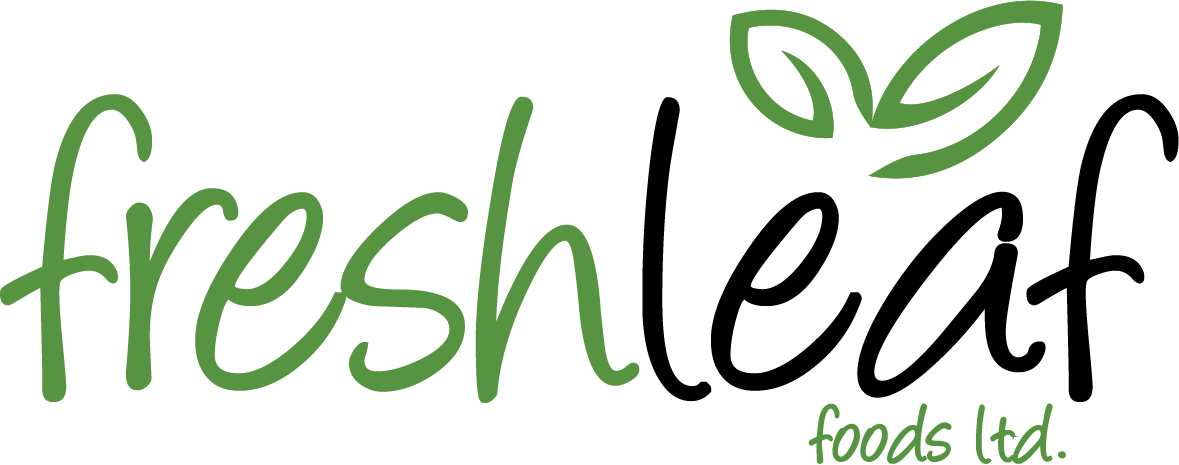Alfalfa Sprouts
- The word "alfalfa" itself literally means "best food"
- The Arabs of old called alfalfa the "Father of all Foods"
- Alfalfa sprouts are good as an anti-arthritic, an anti-asthmatic, a deoderant, a diuretic, and a nervine
- It is the richest land grown source of trace minerals and elements such as calcium, potassium, magnesium, iron & phosphorous. Combined with chlorophyll & other organic salts, these factors seem to balance the so called salt system of the body & act as a natural diuretic
- Alfalfa also contains the following:
- Vitamin A - healthy inner and outer skin
- Vitamin K- helps fibrin, which in turn protects against
hemorrhaging by helping the blood to clot properly - Vitamin U- great aid for peptic ulcers
- 7 Enzymes:
Protease- digestion of protein;
Coagulase, Emulsin and Perxidase- direct action on the blood;
Amylase & Invertase- conversion of starches and sugars;
Lipase- a fat-splitting enzyme Chlorophyll- a body cleanser,
infection fighter & nature's deoderizer - Helps those with kidney or bladder problems
- Helps with arthritis
- Has high protein content-18.9% as compared to milk-3.3%, whole wheat 13.8%, eggs 13.1%, and beef 16.5% 150g container of alfalfa sprouts has approximately 30 calories
- Refrigerate and keep sprouts moist for lasting freshness
- There's no need to wash sprouts before eating as they are sprayed with clean water for 3 days
- They’re crunchy and nutrient-rich, perfect for sandwiches, salads, wraps.
Pea Shoots
Like eating fresh pea pods right out of the garden. A young pea shoots possess concentrated nutrition and blood cleansing properties. Like all sprouts, peas shoots are an excellent source of fibre. They have an attractive, frilly leaf that makes them great for garnish, wraps, and salads. Pea shoots are an excellent source of protein at 26%.
Broccoli Sprouts
- Cancer Protection Compound Abundant in Broccoli Sprouts
- JOHNS HOPKINS SCIENTISTS have found a new and highly concentrated source of sulforaphane, a compound they identified in 1992 that helps mobilize the body's natural cancer-fighting resources and reduces risk of developing cancer.
- "Three-day-old broccoli sprouts consistently contain 20 to 50 times the amount of chemoprotective compounds found in mature broccoli heads, and may offer a simple, dietary means of chemically reducing cancer risk," says Paul Talalay, M.D., J.J. Abel Distinguished Service Professor of Pharmacology.
Talalay's research team fed extracts of the sprouts to groups of 20 female rats for five days, and exposed them and a control group that had not received the extracts to a carcinogen, dimethylbenzanthracene. The rats that received the extracts developed fewer tumors, and those that did get tumors had smaller growths that took longer to develop.
Sunflower sprouts
- Sunflower has 4% Protein. Compare that to spinach - 3%, Romaine lettuce -1.5% and Iceberg lettuce- 0.8%, and milk -3.3%.
Sunflower sprouts are rich in fats. This sunflower oil is our finest source of omega 6, germination of the sunflower sprout micellizes the fatty acids into an easily digestible, water soluble form saving our body the trouble of breaking it down and simultaneously protecting us against the perils of rancidity. This is a great bonus for a sprout that is already popular for its crispness and nutty flavor.
Radish Sprouts
- Radish sprouts have 29 times more Vitamin C than milk (29mg vs 1mg) and 4 times the Vitamin A (391 IU vs 126).
- These spicy sprouts have 10 times more calcium than a potato (51mg vs 5mg) and contain more vitamin C than pineapple.
- If you examine what is happening during germination, it looks like a vitamin factory. While mature radishes contain 10 IU/100g of provitamin, the radish sprouts contain 391 IU-39 times more! No wonder, sprout lovers say you can feel the vitamins!


